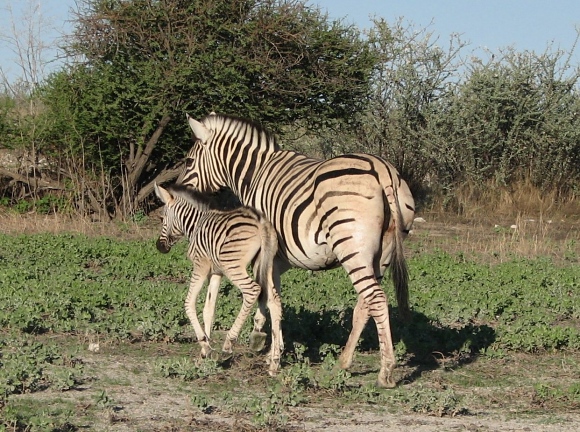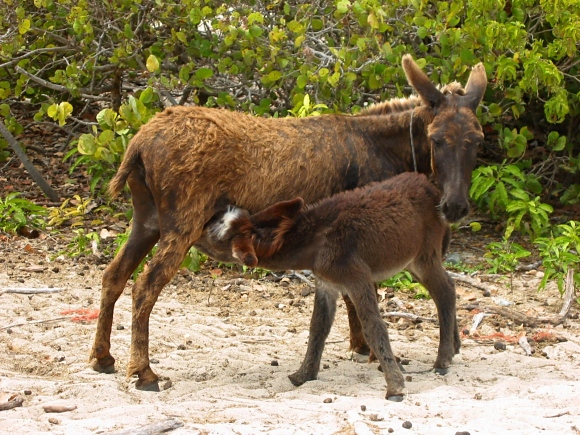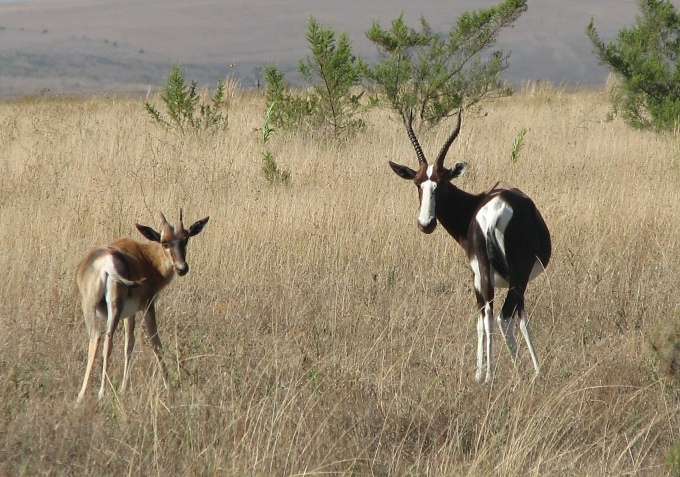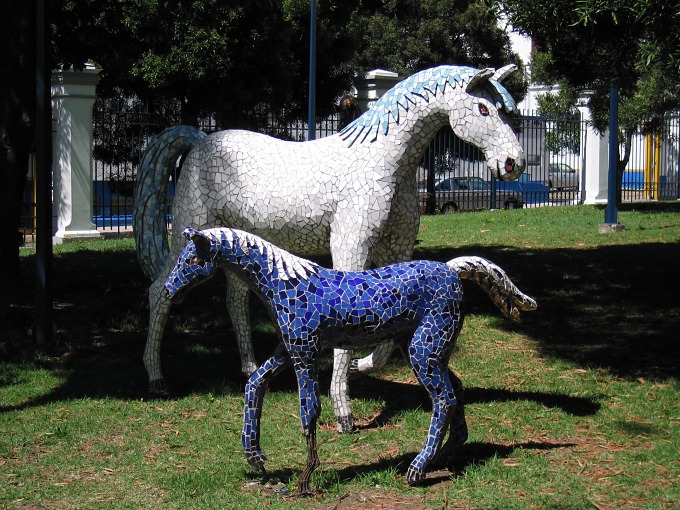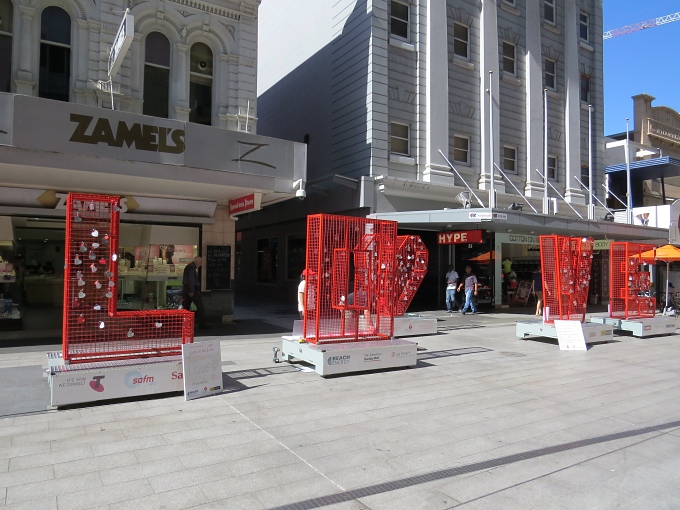“Those heroes that shed their blood and lost their lives … You are now lying in the soil of a friendly country. Therefore rest in peace. There is no difference between the Johnnies and the Mehmets to us. Where they lie side by side now here in this country of ours … You mothers, who sent their sons from faraway countries wipe away the tears. Your sons are now lying in our bosom and are in peace after having lost their lives on this land. They have become our sons as well.”
Turkish President and Gallipoli veteran, Mustafa Kemal Ataturk (1934)
Part of experiencing the cultural aspect of our cruising life is to help celebrate holidays unique to countries we visit. We first heard of ANZAC Day when we visited Pitcairn Island way back in 2009. We didn't fully understand the meaning of the day, but did sample some special cookies that were associated with the holiday. It wasn't until we were in New Zealand that we realized the significance of the holiday. Now, we are here in Australia and it's April 25th, ANZAC Day again.

Australian and New Zealand Army Corps, known nowadays as ANZACs, joined the British allied forces in Europe to fight in WWI. They boarded ships here in Albany and landed at Gallipoli, gateway to the Ottoman Empire with the objective of capturing the capital city of Constantinople and providing access to the Black Sea for the Allied navies. They arrived in Gallipoli on April 25th, met heavy resistance and suffered major casualties in their 8-month long, unsuccessful campaign. During the 1920s, ANZAC Day became established as a National Day of Commemoration for the 60,000 Australians and 18,000 New Zealanders who died during the war. At almost 65%, the Australian casualty rate (proportionate to total embarkations) was among the highest of the war. Subsequently, the day has come to be a national day of remembrance to commemorate all Australians and New Zealanders "who served and died in all wars, conflicts, and peacekeeping operations" and "the contribution and suffering of all those who have served." It is very similar to Memorial Day or Veteran's Day in the USA and the associated ceremonies are just as moving.
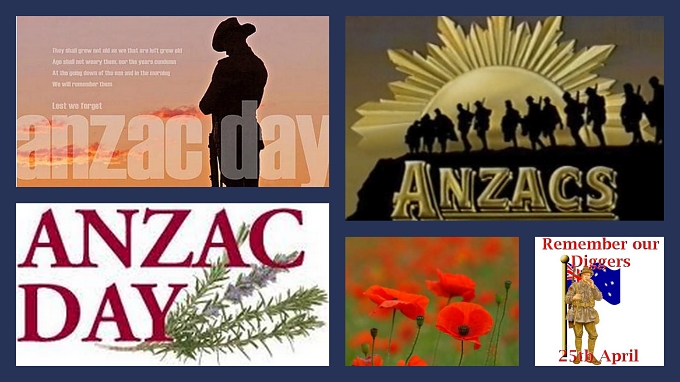
Albany, in particular, is commemorating this ANZAC Day in a big way. Troop ships departed from Albany back in November 1914 and for many men, this city was the last place in Australia that they saw. There's a prominent memorial at the Albany Anzac Peace Park downtown and several centenary commemorations are taking place here on ANZAC Day this year.
As we drove up the road to Mount Clarence, we felt a rise of emotion as we passed by the grove of trees that line each side of the road. A small plaque stands beside each tree, a memorial to a solder who had fallen in military service.
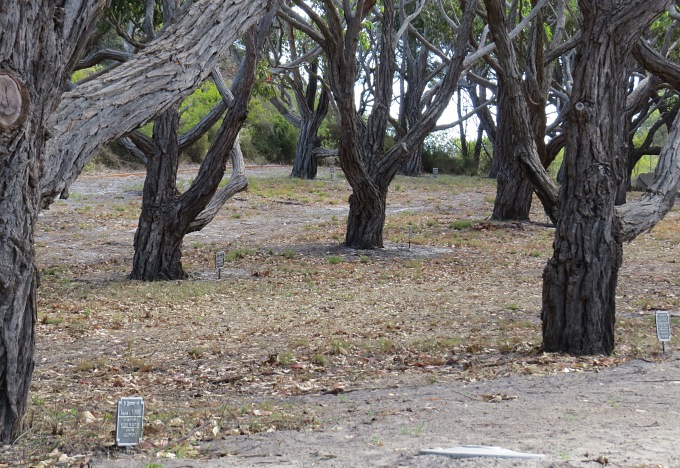
At the car park at the top of the hill, we noted fencing at the entrance to the stairs leading up to an iconic memorial. We politely ignored the “keep out” signs, skirted around the fence and proceeded up the steep, stairway. (Yes, we are scoff-laws … no need to point it out!). We did so with the intent of seeing the ANZAC Desert Mounted Corps Memorial situated on the very top of the mount. We were told that the striking statue represented a mounted Australian soldier assisting a New Zealand soldier whose mount had been injured. A bit of further research indicated this might not be the case. It is, instead, an Australian and a New Zealander dismounting to enter battle on foot. The purportedly “wounded” horse is actually Bess, the only New Zealand horse to return home after the war. Interestingly, the original statue stood in Port Said, Egypt and was destroyed. This statue is a copy of the original and a second copy stands in Australia's capital city, Canberra.
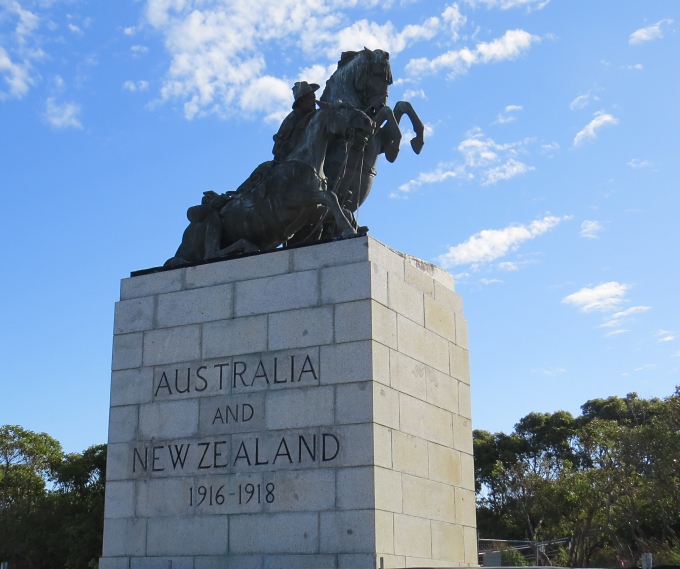
Anzac biscuits (we call them cookies) have long been associated with the Australian and New Zealand Army Corps of WWI. Some claim the biscuits were sent by wives and mothers to soldiers abroad and because the ingredients did not spoil easily, the biscuits kept well during naval transportation. Though they're available commercially on supermarket shelves today, I plan to bake some in honor of ANZAC Day.
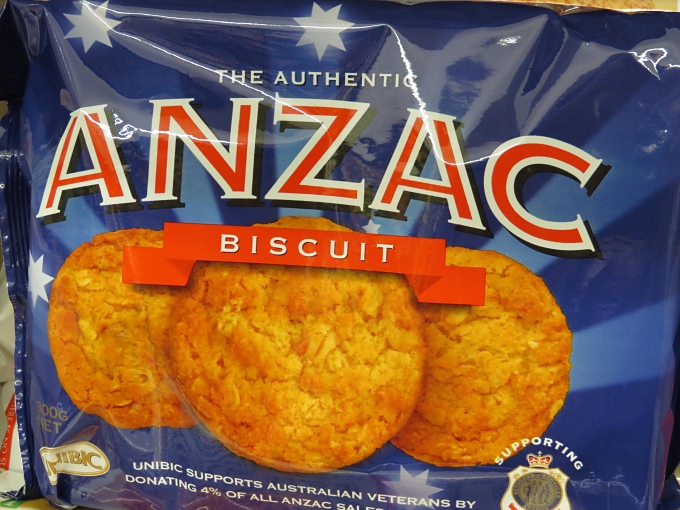
Here's the recipe … and man, are they ever good!
ANZAC Biscuits
Recipe Type: Cookie
Cuisine: Australian
Author: Marcie Connelly Lynn
- 1 ½ cups rolled oats ¾ cup (175 gr) butter or margarine
- 1 ½ cups flour 3 Tbsp golden syrup
- 1 ¼ cups sugar 3 Tbsp boiling water
- 1 cup shredded coconut 2 tsp bicarb/baking soda
- Combine the dry ingredients in a bowl.
- Melt butter and syrup* together.
- Mix boiling water and soda.
- Blend into butter mixture and pour over dry ingredients.
- Mix well.
- Place rounded teaspoonfuls on lightly greased trays/cookie sheets. Allow room to spread.
- Bake in a slow 300F / 150C deg) oven for 15-20 mins. Watch them … they burn easily.
- Loosen while warm and leave on trays for 5 mins, then transfer to wire rack.
- Makes 2 trays of 16 biscuits.
Golden syrup is not readily available in the USA. The following seem to be reasonable substitutions … honey, maple syrup, molasses or a a mix of ½ dark corn syrup and ½ brown sugar.[br][br]Thanks Catherine, Kay and Pauline for providing ANZAC biscuit recipes to share.
3.2.1290


